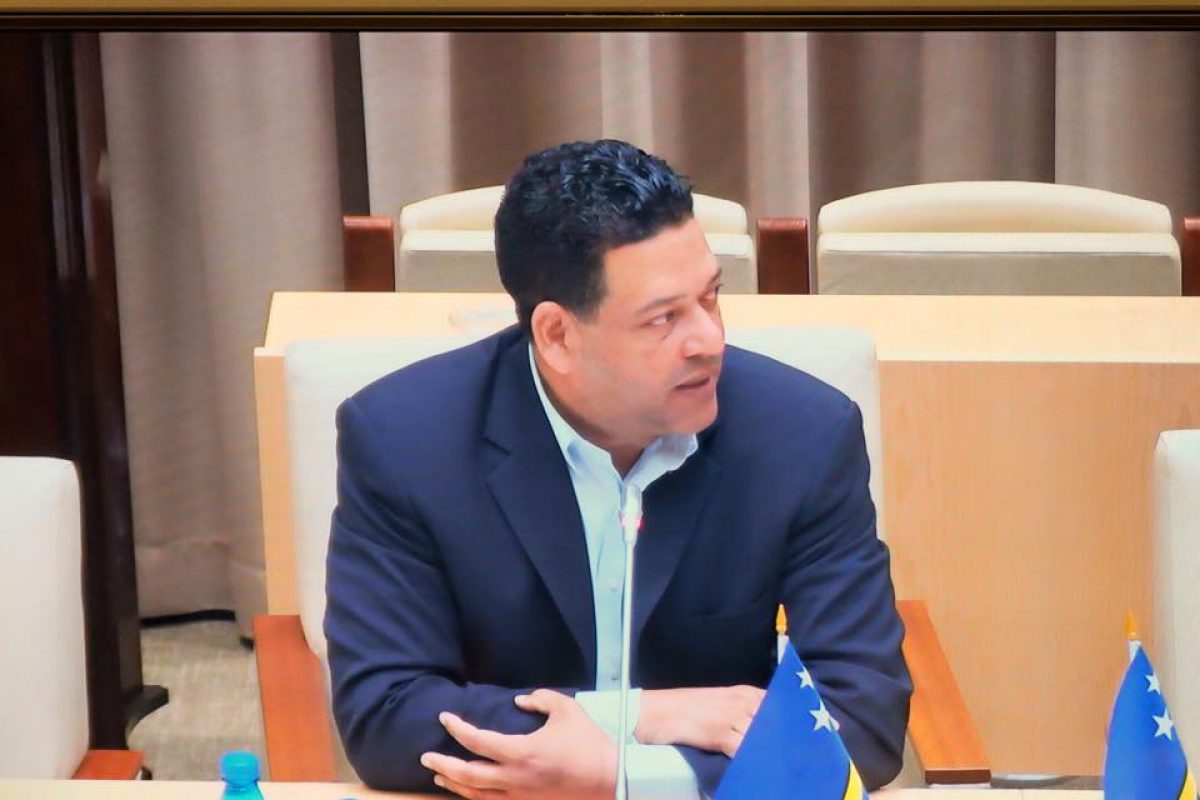Give credit where credit is due. Venezuela’s Nicolás Maduro has perfected his teflon-coated presidency: He sees to it that nothing sticks to him, just like a teflon non-stick frying pan. He always uses his standard operating procedure to scapegoat foreign actors in order to shift attention away from his policies that has brought so much human misery to Venezuela. His victims include Colombia, Mexico, U.S., Chile, Guyana and Spain. Add now to the list Aruba, Bonaire and Curaçao (ABC), three small islands in the Caribbean with a combined population of 300,000.
He’s accusing ABC of being “the mafias that steal Venezuelan assets which severely affect the quality of life of his people.” In a televised address last week, Maduro halted all flights and ship traffic to ABC for 72 hours, demanding that ABC take appropriate measures. During consultations held over the weekend with Venezuelan representatives to talk about those measures, ABC reminded Venezuela that if any thing, it takes two to tango, i.e. to smuggle goods. At the end of the day all parties agreed to a joint effort to curb contraband and to seek final approval from their respective governments. Maduro is however the only one who refuses to sign. The blockade remains.
But why? Could it be that the smuggling of gold and copper via ABC is probably being run by the top brass of the Venezuelan armed forces? Could it be -as I strongly suspect- that the ultimate purpose of his blockade is not to combat contraband but to keep Venezuelan citizens caged in by not allowing them to leave like brutal leftist dictatorships have done or are still doing (East Germany, Cuba, North Korea)?
Reasons for Venezuelans to leave are many. Medical supplies and food are scarce. Petróleos de Venezuela which took over a program to ensure Venezuelans have enough food to eat have only been able to distribute 25% of the food. At one port alone, 3,257 containers with a total of 122,000 tons of rotten food were found. Calls for investigations into the case were ignored. Caracas, the capital, has been ranked as the most violent city, in a non-war zone, in the world. Poverty rate in this once high middle-income country is now more than 80%.
Really? Are ABC the culprits? Not even the biblical David could have pulled this one off. But seriously, the human despair is not a question of cold statistics. I know. I have friends and family members, including a half brother, living in Venezuela. Their suffering is real just like that of millions of their compatriots. Many are willing to risk their lives fleeing their crisis-wracked country on unsafe boats. Last week a total of 6 dead bodies were found on the north-east shore of Curaçao. Venezuelans looking for a better life. Maduro will do his country a big favor by working tirelessly to bring back hope for its people instead of chasing his perceived enemies.
Regarding the embargo imposed by Venezuela, I’m convinced that the (unilateral) way the border was closed by Venezuela impeding the flow of trade, is a flagrant violation of the World Trade Organization (WTO). Even in the case of blockades, there are rules and procedures to be followed which according to me was not done in this case. Recently Qatar filed a complaint against a group of Middle East countries and Kyrgyzstan against Kazakstan for what they consider illegitimate blockades. I don’t believe we should launch an official trade dispute at this moment. I ‘m convinced however that we should inform the WTO’s dispute settlement body about Venezuelan’s treatment of ABC regarding trade. Hopefully Willemstad, Oranjestad and The Hague have a listening ear.
One thing is certain. The human crisis in Venezuela has turned our strong historically friendly ties upside down. I continue to believe in dialogue and diplomacy. I am convinced that good relations with our Southern neighbors will be reestablished once Venezuela has resolved this human crisis. I hope this will happen sooner than later.
Willemstad, Curaçao

